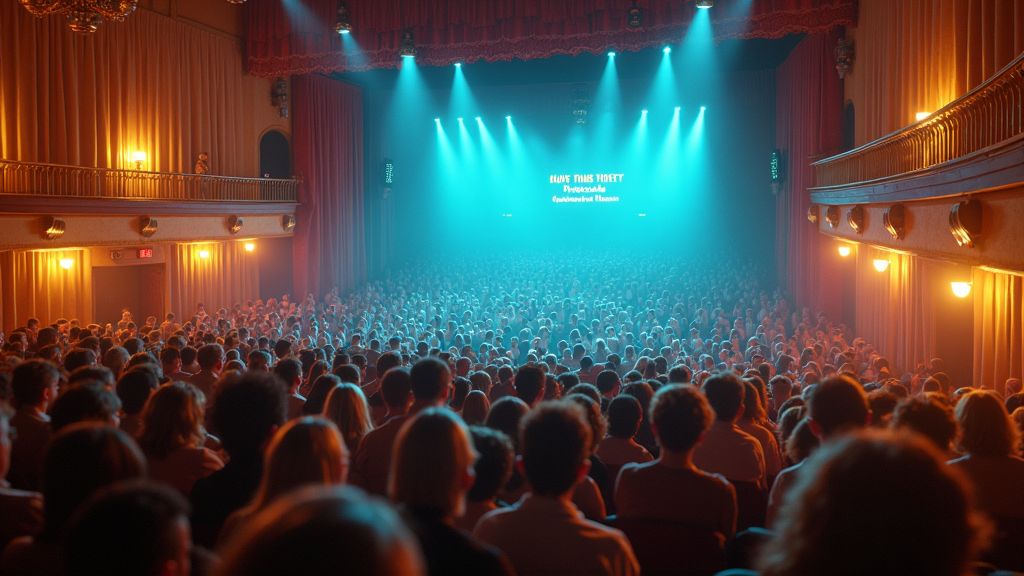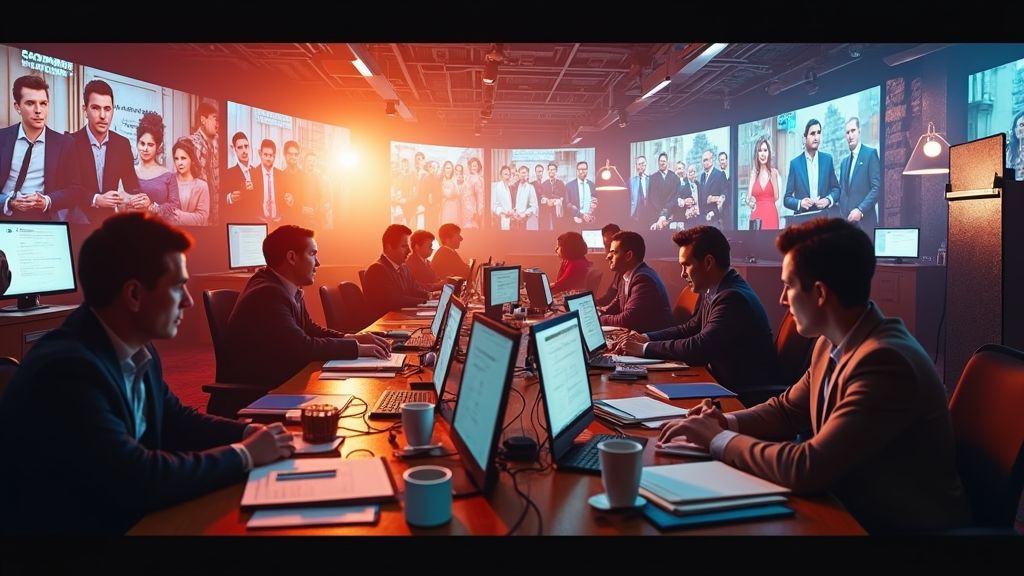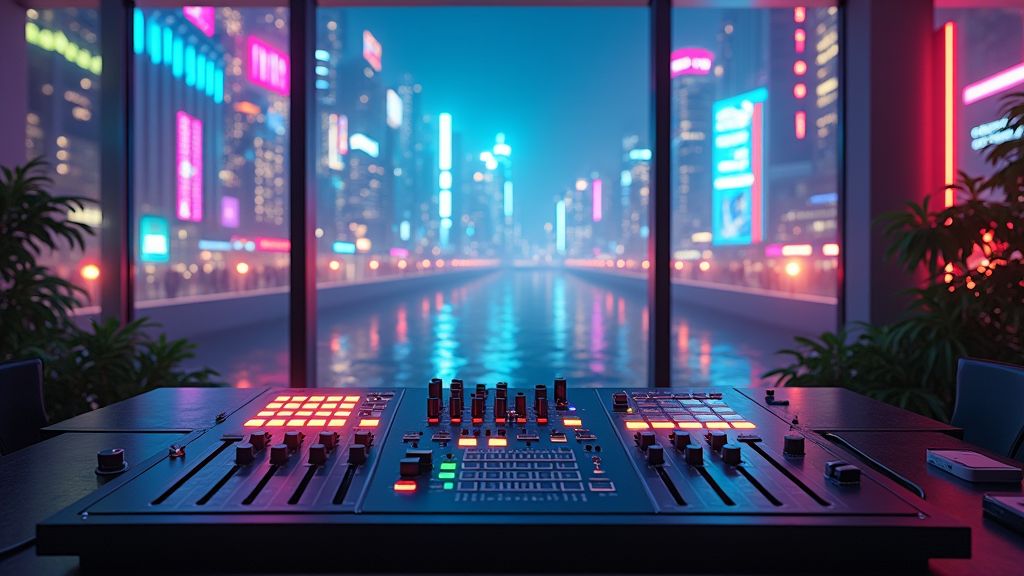The Impact of Reboots and Remakes on the Film Industry
Have you ever watched a movie and felt a sense of deja vu? That’s because Hollywood has a long history of reboots and remakes, where familiar stories are retold with a new spin. But what impact do these recycled films have on the film industry? Let’s dive into the world of reboots and remakes to explore their influence on cinema.
The Rise of Reboots and Remakes
Reboots and remakes have been around for decades, but in recent years, their prevalence has surged. With the rise of nostalgia among audiences, studios have capitalized on the appeal of familiar stories by reviving old classics. From beloved franchises like ‘Star Wars’ to cult favorites like ‘Ghostbusters,’ no film is safe from the reboot treatment.
Box Office Success vs. Creative Stagnation
While reboots and remakes often perform well at the box office due to their built-in fan base, critics argue that they contribute to creative stagnation in the industry. Instead of taking risks on original ideas, studios opt for safe bets by recycling existing stories. This trend raises questions about the future of innovation in filmmaking.
The Role of Technology
Advancements in technology have played a significant role in the resurgence of reboots and remakes. With the ability to create stunning visual effects and CGI, filmmakers can breathe new life into classic stories, attracting both old and new audiences. However, some argue that reliance on technology can overshadow the importance of storytelling in film.
Navigating Fan Expectations
One of the biggest challenges for filmmakers working on reboots and remakes is managing fan expectations. Deviating too far from the original source material can alienate die-hard fans, while staying too close can result in a lack of creativity. Finding the right balance between honoring the past and introducing fresh elements is crucial for success.













